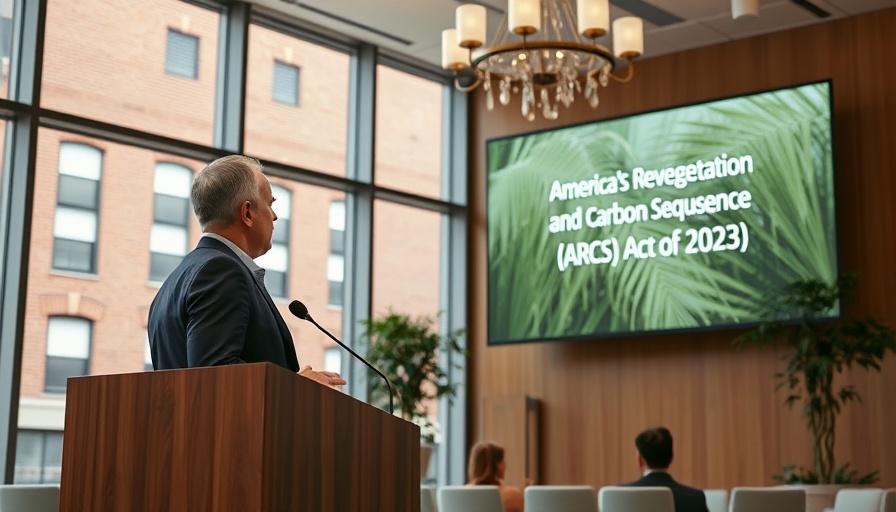
How Nicholas Britton’s Journey in Clean Energy Began
Passion often ignites in the most unexpected ways, as seen in Nicholas Britton's journey toward clean energy advocacy. While pursuing a degree in environmental studies at Dartmouth College, he initially set out to study physics but soon became captivated by a seminar that revealed the intricate links between societal issues and environmental sustainability. This eye-opening experience redirected his focus toward the systemic challenges posed by energy use and policy.
Britton's personal experiences—particularly his exposure to Dartmouth's reliance on No. 6 fuel oil, one of the most polluting energy sources—underscored the urgent need for cleaner alternatives. Observing the pollution generated right outside his dorm sparked both outrage and determination to champion better policies aimed at reducing carbon footprints.
Transformation Through Experiences Abroad
A pivotal moment in Britton's journey came during a foreign study program in Southern Africa. Engaging with local communities struggling for reliable energy access highlighted a stark reality: many individuals remain deprived of what many in privileged societies consider a basic right. This realization cemented his resolve to pursue a career in energy policy, motivated by a desire to support vulnerable communities both environmentally and socially.
Bridging Policy and Implementation
Before joining Columbia University's Master of Public Administration in Environmental Science and Policy (MPA-ESP) program, Britton worked with the Energy Futures Initiative (EFI) Foundation. There, he conducted research on federal clean energy policies, but he found himself yearning for a role that emphasized practical implementation over theoretical discussions. The MPA-ESP program offers him the perfect blend of management and energy-focused courses, equipping him with necessary skills to actively bring proposed solutions to fruition.
Prioritizing Equity in Energy Policy
Britton’s commitment to equity within energy policy was solidified through his work at EFI, where he assessed how federal investments could impact disadvantaged communities. He touched upon critical areas like Cancer Alley in Louisiana, which are heavily influenced by fossil fuel industries. His work emphasizes that clean energy investments should proactively benefit communities historically burdened by pollution, empowering them rather than merely replacing old infrastructures.
Empowering Communities as a Catalyst for Change
The importance of community engagement emerged as a key theme in Britton’s studies and experiences. Enthusiastically, he advocates for a participatory approach, wherein the voices of those in affected communities are included in discussions pertaining to clean energy initiatives. Such involvement is not just about policy drafting; it represents a holistic approach to sustainability, directly addressing the unique needs and concerns of these populations.
Conclusion: Take Action for a Sustainable Future
The journey of Nicholas Britton reflects not just a personal path toward clean energy and sustainability, but it also serves as a call to arms for those passionate about equity in energy access. Consumers, policymakers, and advocates alike have a crucial role in fostering a future where clean energy is a norm, accessible to all, and beneficial for everyone. Now is the time to educate ourselves, get involved, and push for policies that promote healthy and sustainable living for individuals across all communities.
 Add Row
Add Row  Add
Add 




Write A Comment